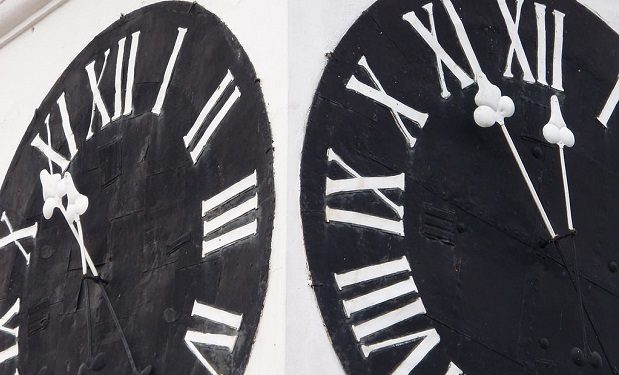While stress levels have run high over the present American presidential election, the anxiety you feel this week may have less to do with Donald Trump or Hillary Clinton and more to do with that daylight savings hour. That’s the hour you gained on Sunday morning. It’s a freebie, but perhaps with hidden costs according to a recent study. In the Europe-based study — which considered more than 180,000 psychiatric patients over 17 years — a significant correlation was found between increased depression and the earlier onset of darkness caused by daylight savings time ending.
As with similar depression triggers, the daylight savings change is most likely to afflict “people who are prone to develop depression.” Light has been shown to have a major effect on the brain, with light therapy being used to treat depression in some cases. Brain scientists have long known this: for example researchers hoping to study in Antarctica during the “polar night” (when it is dark 24 hours a day) must pass a special psychological test to be approved. (Many people can become mentally incapacitated without light.) The study was published in Epidemiology. Daylight savings time transitions affect about 1.6 billion people globally.
